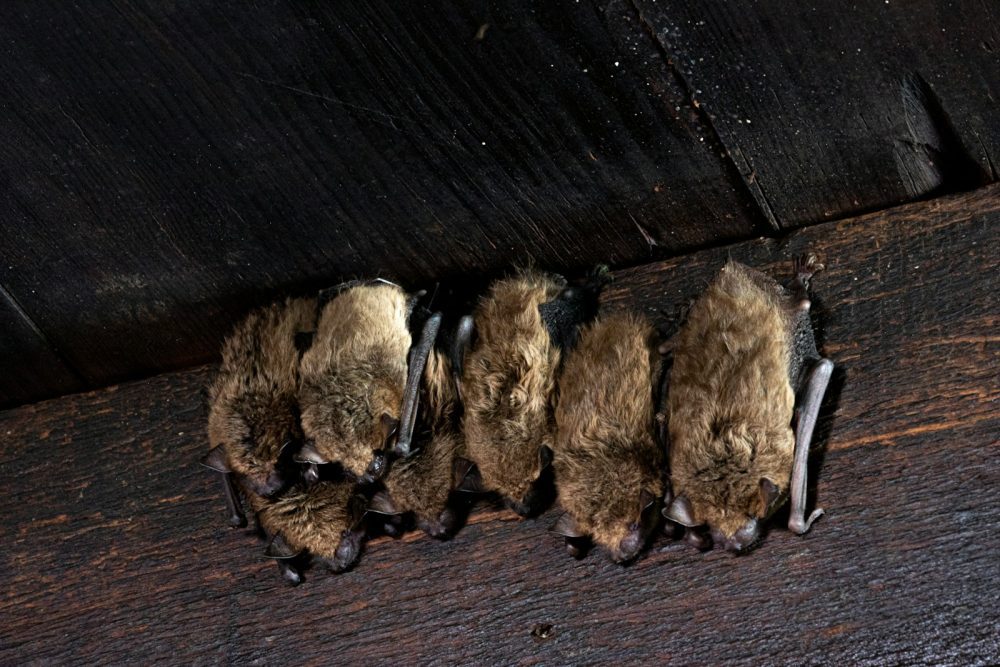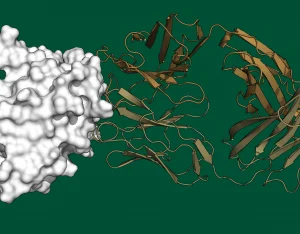R15 – BITE (Bat Immunology Training and Education)
Bats represent 25% of all the mammals on Earth, and are elite suppressors of highly pathogenic viruses, rarely develop cancer, and have very long lifespans relative to body size. T cells are essential in the long-term suppression of viruses and cancer via the adaptive immune system leading to limited disease and long lifespan. Fundamentally, T cells arise from the bone marrow, they then migrate to thymus where they develop into naïve T cells, that circulate in peripheral tissues and blood – where they act as ‘sentinels cells’ (e.g., CD4 + helper, CD8+ cytotoxic) that suppress viral infection. However, after 100 years of anatomical study in bats, the role of the thymus in T cell development has not been described, nor has how T cell development occurs in the thymus or other lymphoid organ, which is the fundamental tenet of T cell immunology.

‘Generally, bats suppress highly pathogenic viruses such as hendra virus, Ebola, Marburg, and SARS-like viruses likely using robust cytotoxic T cells providing elite viral suppression,’ Dr. Richard Allen White III. ‘If you’re going to suppress viral pandemics, increase lifespan, and limit cancer, the thymus and T cells of bats could unlock it all,” Dr. Richard Allen White III.
Dr. White III and Dr. Janies with co-PI’s Dr. Cody Thompson, Dr. Kelly Spear, and Dr. Laurel Yohe, will use R15 NIH funds to not only unlock the bat T cell immunity but also train the next generation of One Health scientists at CIPHER and the University of Michigan via the new BITE (Bat Immunology Training and Education) – an undergraduate experiential program for developing the next generation of One Health scientists grant. “We will need many new One Health scientists on an ever changing planet with a likelihood of increased zoonotic transmission,” Dr. Richard Allen White III.
Other CIPHER news….



